Student-Centered Learning
remote synchronous and asynchronous coursework with in-person immersions
24 months
to complete
(six terms)
104
credit hours
OBU's Master of Science in Physician Associate Studies (MSPAS) offers exceptional training that equips you to become a compassionate, highly-skilled physician associate. Our program integrates academic excellence, hands-on clinical instruction, and leadership training to prepare you for rewarding and meaningful experiences in the field of medicine. You will be prepared to care for the physical, mental, emotional, and spiritual needs of individual patients across diverse populations and communities.
As a student, you will engage in a 24-month, hybrid curriculum that is academically rigorous and relevant. Highly experienced faculty will guide your acquisition of the knowledge, skills and professional training necessary to meet the demands of modern healthcare. OBU is accepting 40 students into the first cohort, scheduled to begin January 2027.
PA Preceptor Information
Preceptors serve as professional role models and mentors, guiding students through real-world clinical practice. Interested in becoming a preceptor? Learn more at the link below.
Student-Centered Learning
The hybrid PA curriculum is designed to foster critical and clinical thinking, professionalism, and an ethical approach to patient care. Students will participate in online asynchronous activities, as well as synchronous sessions that facilitate integration of the material with an experienced faculty member. You will have access to a robust online learning platform that includes video lectures, case studies, practical simulations, and collaborative projects, allowing you to build a solid understanding of the profession from anywhere you choose. The PA curriculum is designed to allow students to remain in their community and organize their asynchronous learning to fit their schedule. The program is very demanding, and successful students would consider this their full-time priority. Additional employment is highly discouraged.
Student Support
At OBU, we believe exceptional clinicians are built through intentional support. That’s why our hybrid Physician Associate program is designed to offer personalized, high-touch guidance no matter where you're learning from. From the start, each student is paired with a dedicated faculty advisor and coach who provides consistent academic and professional mentorship. Scheduled one-on-one advising sessions, along with required self-evaluations, ensure progress is regularly reviewed and supported throughout the didactic and clinical phases. Faculty members are also available for additional coaching upon request.
Beyond coaching, students benefit from a centralized online dashboard that connects you to learning activity schedules, deadlines, and exam prep tools that are accessible anytime, anywhere. Whether you're navigating coursework or facing personal challenges, you’re never on your own. Our program is built to support you academically, emotionally, and professionally—every step of the way.
On-Campus Immersions
Throughout the program, you will participate in periodic on-campus immersions (see PA Curriculum), which provide opportunities for personal interaction with faculty, peers, and clinical experts. During these sessions, you will refine your practical skills in our state-of-the-art labs, simulations, and workshops. These immersions will help to foster a sense of community and allow you to integrate your knowledge and skills through activities designed to promote learning. Information will be provided on housing and meal options while visiting OBU for the on-campus immersions.
Clinical Rotations
The second year of the program provides students with clinical rotations in a variety of medical specialties. These experiences allow you to apply your knowledge, build your clinical competency, and participate in the care and advocacy for vulnerable and underserved communities. OBU faculty advisors will provide support and guidance throughout the clinical training year.
Academic Excellence
The experienced faculty in the OBU PA program are committed to academic and professional excellence. Through student-centered learning, rigorous coursework, and hands-on clinical experience, we will prepare you to be an exceptional medical provider. Our program emphasizes continuous improvement and innovation, ensuring that our graduates are equipped with the latest knowledge and skills to thrive in a dynamic healthcare environment.
Outstanding Faculty
OBU faculty are experts in their fields and will be with you every step of the way.
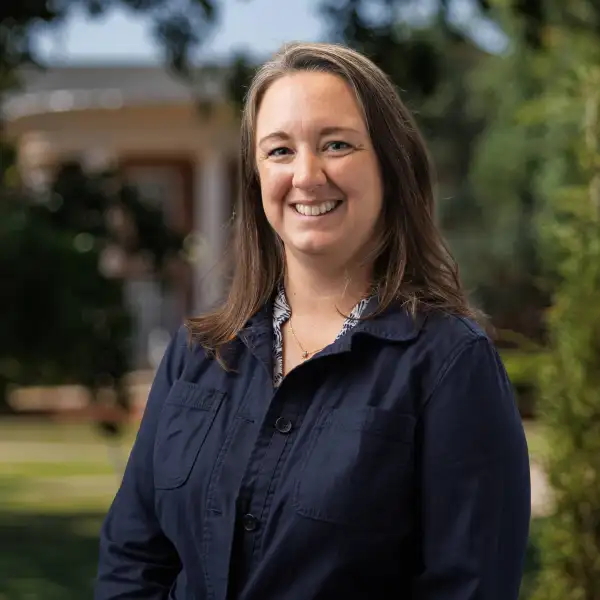
Program Director
Professor
Master of Science in Physician Associate Program
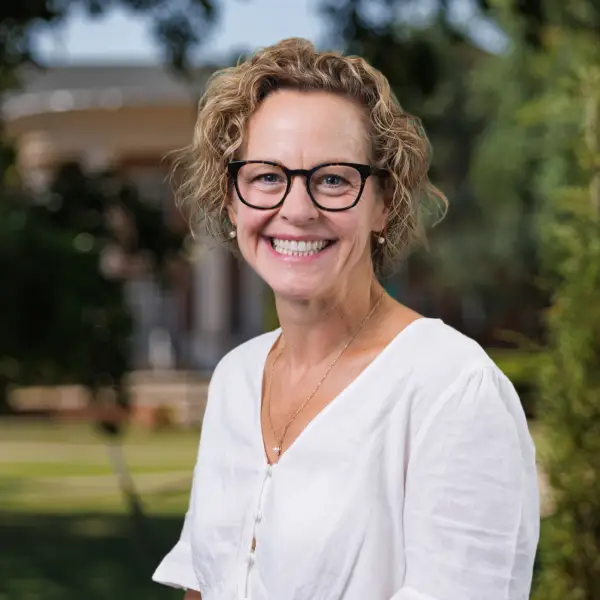
Director of Clinical Education
Associate Professor
Master of Science in Physician Associate Program
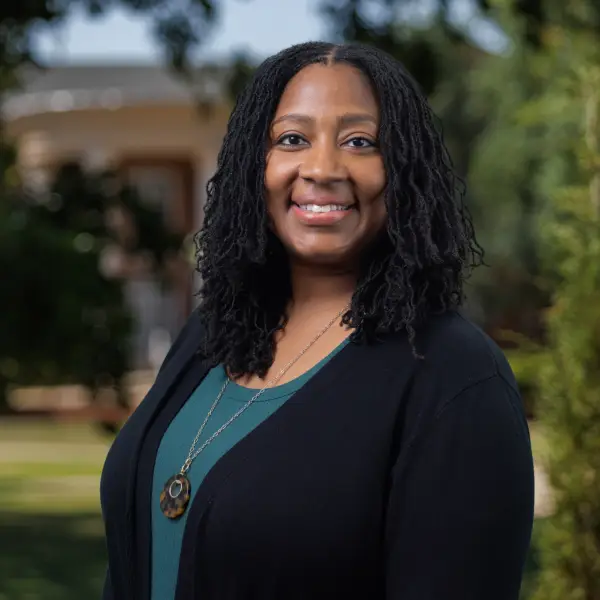
Director of Student Support
Associate Professor
Master of Science in Physician Associate Program
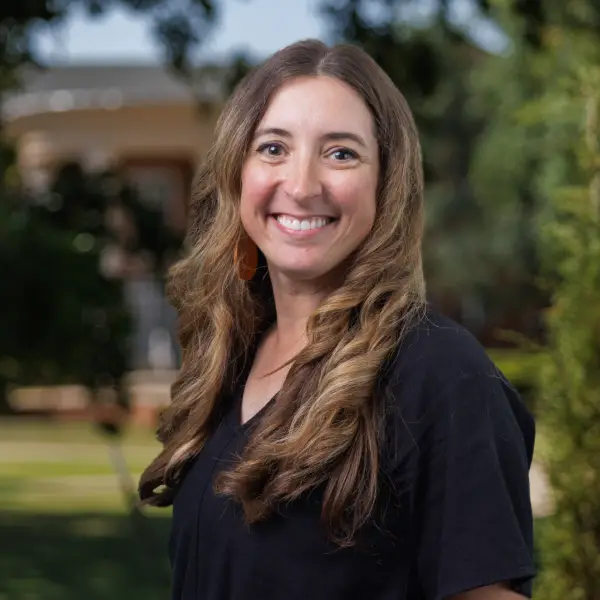
Director of Didactic Education
Associate Professor
Master of Science in Physician Associate Program

Medical Director
Master of Science in Physician Associate Program
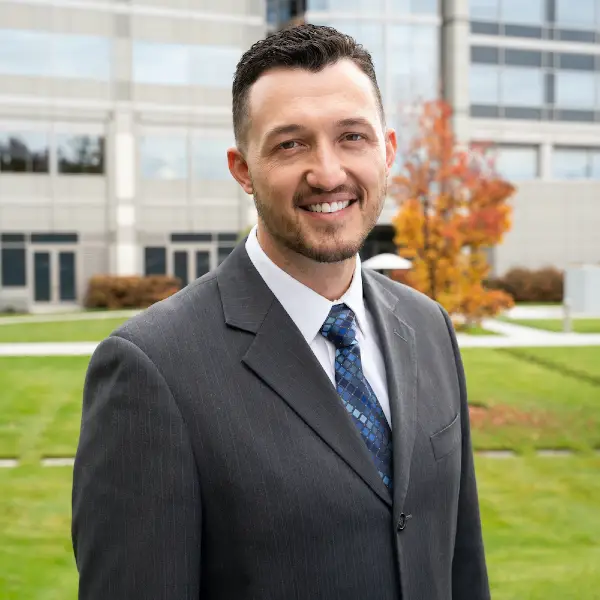
Director of Assessment
Associate Professor
Master of Science in Physician Associate Program

Director of Clinical Operations and Partnerships
Master of Science in Physician Associate Program
Become a Future Shaper
Have questions? Fill out the form below.
Email: physician.associate@okbu.edu
Phone: 405-585-4628
Accreditation Information
Accreditation Review Commission on Education for the Physician Assistant (ARC-PA)
Oklahoma Baptist University’s (OBU) PA Program has applied for Accreditation - Provisional from the Accreditation Review Commission on Education for the Physician Assistant (ARC-PA). OBU’s PA Program anticipates matriculating its first class in January 2027, pending achieving Accreditation - Provisional status at the October 2026 ARC-PA meeting. Accreditation - Provisional is an accreditation status granted when the plans and resource allocation, if fully implemented as planned, of a proposed program that has not yet enrolled students appear to demonstrate the program’s ability to meet the ARC-PA Standards or when a program holding Accreditation-Provisional status appears to demonstrate continued progress in complying with the Standards as it prepares for the graduation of the first class (cohort) of students. If the Accreditation – Provisional status is not granted by the ARC-PA in October 2026, the first cohort will not matriculate in January 2027 as planned.